Success Stories Details
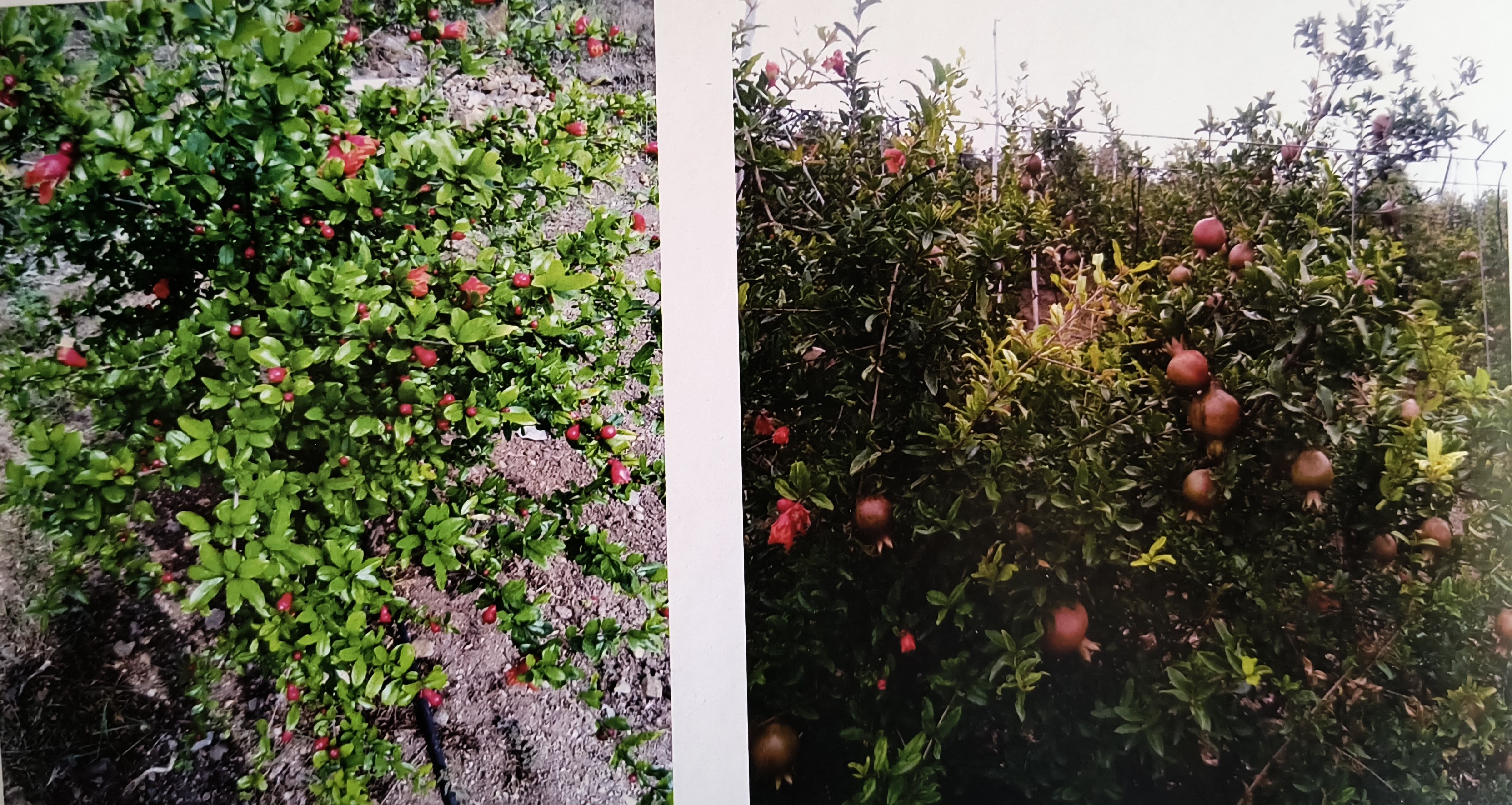
Crop : Pomegranate
Pomegranate farming involves the cultivation of the Punica granatum plant for its fruit, which is renowned for its juicy arils rich in antioxidants and vitamins. Pomegranates thrive in regions with a Mediterranean climate, characterized by hot, dry summers and mild, wet winters. Well-drained, loamy soils with a pH between 5.5 and 7.0 are optimal for pomegranate cultivation. The plants are typically propagated through hardwood cuttings, although grafting onto rootstocks is also common. Farmers prepare the soil by incorporating organic matter and ensuring adequate drainage before planting. Pomegranate trees require regular irrigation, particularly during the growing season, although they are relatively drought-tolerant once established.
Mulching around the base of the tree helps retain soil moisture and suppress weed growth. Pomegranates benefit from balanced fertilization, with applications of nitrogen, phosphorus, and potassium tailored to the specific needs of the soil and stage of growth. Pruning is essential to promote airflow and sunlight penetration, which encourages fruit development and reduces the risk of disease. Pomegranates typically take two to three years to reach full fruiting maturity, with harvests occurring in late summer to early autumn.
Snehasrushti Products Goals
Organic farming products aim to achieve several objectives that prioritize environmental sustainability, human health, and animal welfare. Organic farming aims to minimize the use of synthetic pesticides, herbicides, and fertilizers. Instead, it relies on natural methods such as crop rotation, composting, and biological pest control to maintain soil fertility and control pests and diseases. Organic farming practices focus on maintaining and enhancing soil health by promoting biodiversity, reducing soil erosion, and improving soil structure.
.png)
Snehasrushti Products Benefits
Organic farming products provide several benefits to farmers cultivating pomegranate crops, offering both economic advantages and ecological sustainability.
- Enhanced Soil Health: Organic farming practices promote the use of organic matter such as compost and green manure, which enriches soil fertility and structure.
- Increased number of flowers
- Healthier Food: Organic crops are free from synthetic pesticides and genetically modified organisms (GMOs), providing consumers with produce that is perceived as safer and potentially more nutritious.
- Organic farming encourages the preservation of biodiversity on farms, which is beneficial for pomegranate cultivation.
Pomegranates are grown in various countries with warm, dry climates, including India, Iran, Turkey, Afghanistan, and the United States (California)
In India, major pomegranate-growing states include Maharashtra, Karnataka, Andhra Pradesh, and Gujarat. Pomegranates thrive in subtropical and Mediterranean climates with hot summers and mild winters. They prefer well-drained sandy loam or loamy soils with a pH range of 6.0 to 7.5. Pomegranates are relatively tolerant of drought but require regular irrigation, especially during the fruiting stage. Pomegranates are propagated vegetatively using hardwood cuttings or tissue-cultured plantlets. They are typically planted in well-prepared beds or pits during the monsoon season.

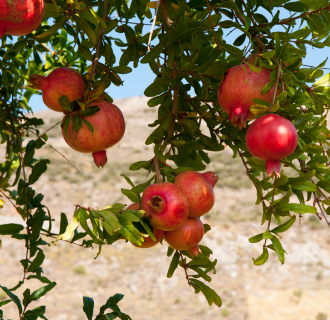
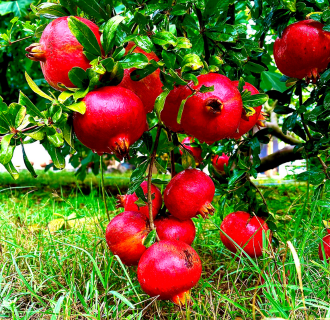
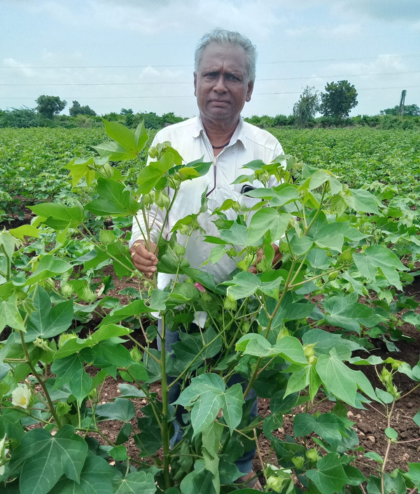
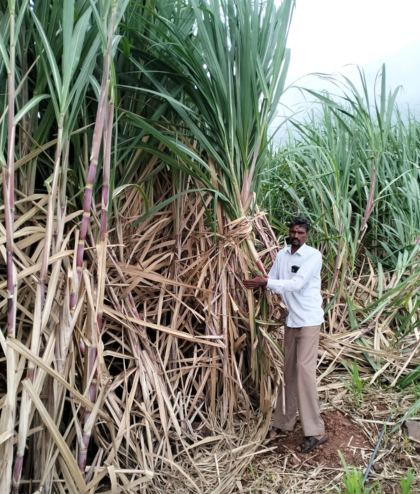

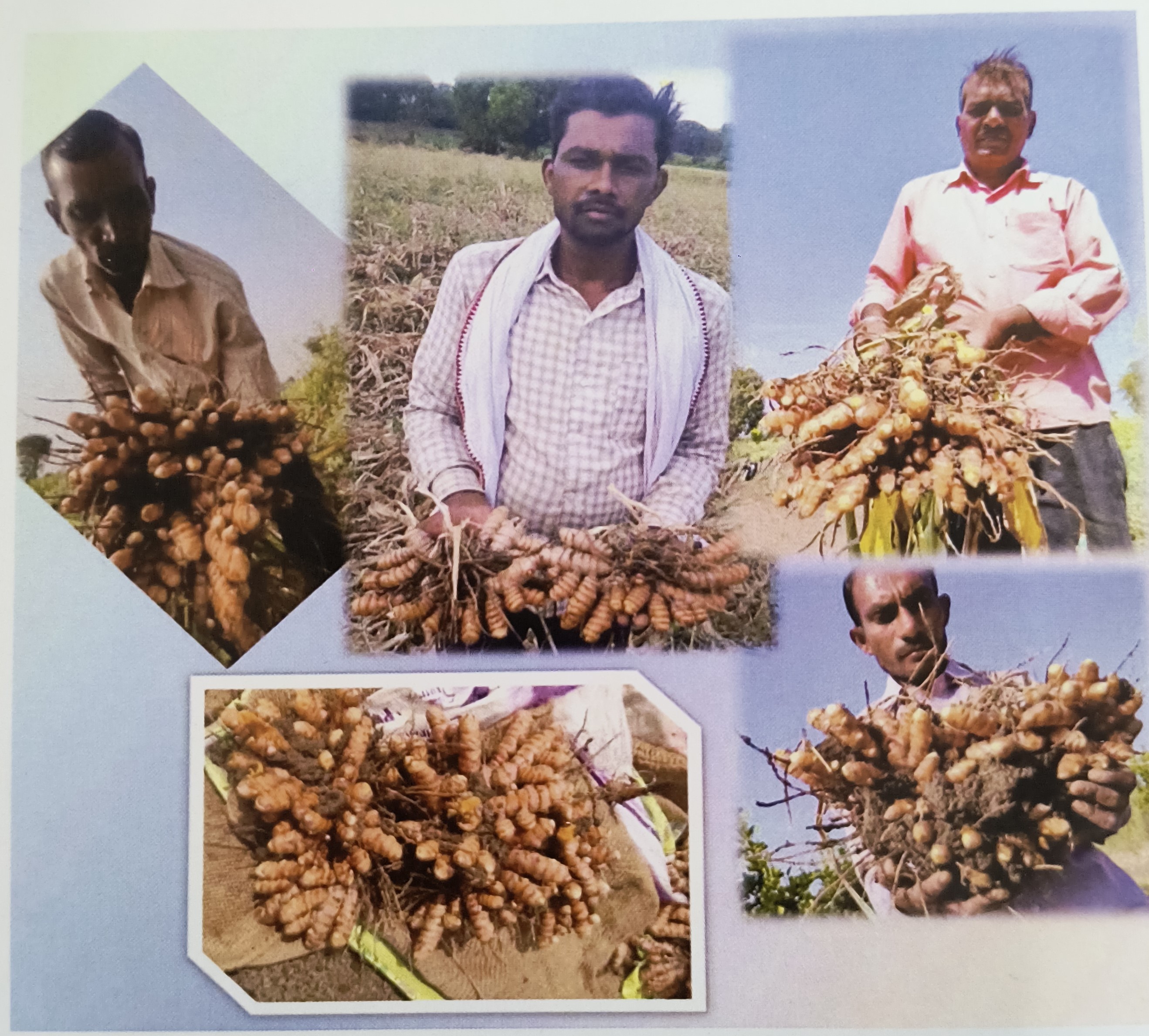

.png)